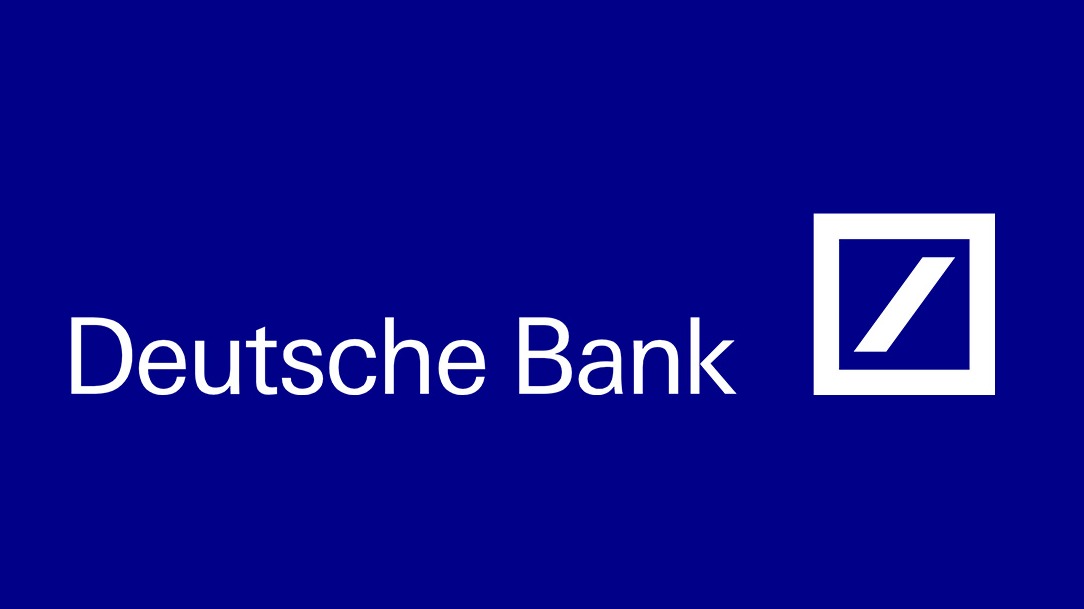The US Federal Reserve has issued a $186 million fine to Deutsche Bank over anti-money laundering (AML) failures.
The central bank said the penalty is in relation to “unsafe and unsound” practices and violations of the board’s 2015 and 2017 consent orders linked to sanctions compliance and AML controls.
The board found that the bank had made “insufficient remedial progress” under these orders, while additionally there was evidence of deficient AML internal controls and governance processes relating to its prior relationship with the Estonian branch of Danske Bank.
The enforcement action, which also included a written agreement to address "general deficiencies" relating to the bank's governance, risk management, and controls, was held against the bank, its New York branch, and other US-based affiliates.
The Competition and Markets Authority (CMA) recently found that along with four other major banks, Deutsche Bank had fallen foul of competition laws.
The watchdog said the banks broke the rules by sharing competitively sensitive information by participating in one or more one-to-one conversations in chatrooms.
In April, Deutsche Bank announced that profits at the bank reached their highest level since 2013 in the latest quarter.
Profit before tax was up 12 per cent year-on-year to € 1.9 billion, with net revenue growth jumping five per cent to € 7.7. billion – the highest in seven years.
Deutsche Bank boss Christian Sewing said the bank is "well on track" to meeting its 2025 targets which are part of its 'Global Hausbank' strategy.
Latest News
-
Gemini to cut quarter of workforce and exit UK, EU and Australia as crypto slump forces retrenchment
-
Bank ABC’s mobile-only ila bank migrates to core banking platform
-
Visa launches platform to accelerate small business growth in US
-
NatWest to expand Accelerator programme to 50,000 members in 2026
-
BBVA joins European stablecoin coalition
-
eToro partners with Amundi to launch equity portfolio with exposure to ‘megatrends’
Creating value together: Strategic partnerships in the age of GCCs
As Global Capability Centres reshape the financial services landscape, one question stands out: how do leading banks balance in-house innovation with strategic partnerships to drive real transformation?
Data trust in the AI era: Building customer confidence through responsible banking
In the second episode of FStech’s three-part video podcast series sponsored by HCLTech, Sudip Lahiri, Executive Vice President & Head of Financial Services for Europe & UKI at HCLTech examines the critical relationship between data trust, transparency, and responsible AI implementation in financial services.
Banking's GenAI evolution: Beyond the hype, building the future
In the first episode of a three-part video podcast series sponsored by HCLTech, Sudip Lahiri, Executive Vice President & Head of Financial Services for Europe & UKI at HCLTech explores how financial institutions can navigate the transformative potential of Generative AI while building lasting foundations for innovation.
Beyond compliance: Building unshakeable operational resilience in financial services
In today's rapidly evolving financial landscape, operational resilience has become a critical focus for institutions worldwide. As regulatory requirements grow more complex and cyber threats, particularly ransomware, become increasingly sophisticated, financial services providers must adapt and strengthen their defences. The intersection of compliance, technology, and security presents both challenges and opportunities.
© 2019 Perspective Publishing Privacy & Cookies




.jpg)








Recent Stories